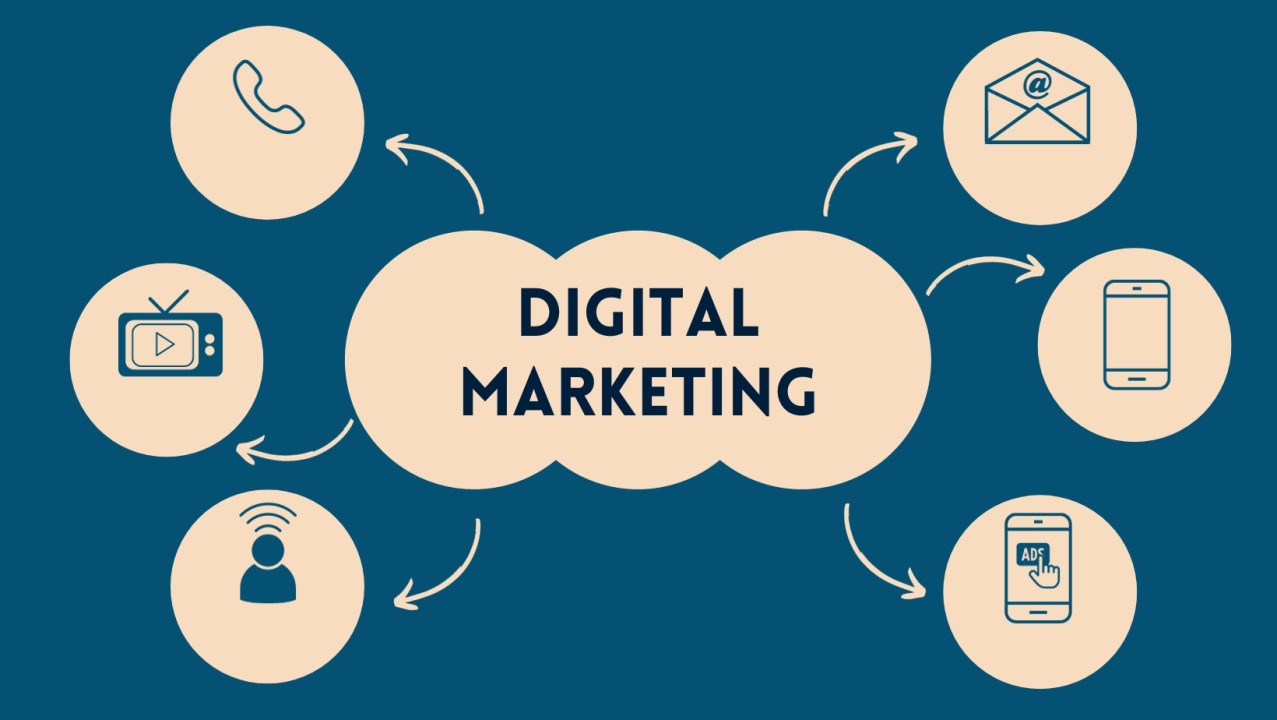1. Search Engine Optimization (SEO)
Search Engine Optimization (SEO) is the foundation of a successful digital marketing strategy. SEO involves optimizing a website's content, structure, and technical aspects to achieve higher rankings on search engine results pages (SERPs). Effective SEO practices include keyword research, on-page optimization, link building, and improving website speed and mobile-friendliness.
By adhering to these best practices, businesses can increase their visibility to potential customers, drive organic traffic, and establish their authority in their respective industries. With search engines being the primary method by which consumers find information online, mastering SEO is crucial for any business looking to succeed in the digital landscape.
2. Search Engine Marketing (SEM)
Search Engine Marketing (SEM) encompasses both SEO and paid search advertising to maximize a brand's visibility on search engines. Unlike SEO, which focuses on organic search results, SEM involves paying for advertisements that appear alongside search results.
These ads, often referred to as Pay-Per-Click (PPC) ads, allow businesses to bid on keywords and target specific demographics, ensuring their products or services are seen by the right audience at the right time. SEM is highly effective because it combines the immediate visibility of paid ads with the long-term benefits of organic search optimization, offering a comprehensive approach to capturing search engine traffic.
3. Email Marketing
Email marketing remains one of the most effective ways to reach and engage with customers directly. This form of digital marketing involves sending targeted emails to a list of subscribers, with the goal of nurturing leads, promoting products, and fostering customer loyalty. Successful email marketing campaigns are characterized by personalized content, compelling subject lines, and clear calls to action.
By segmenting their audience based on behavior, preferences, and demographics, businesses can deliver highly relevant messages that resonate with recipients.Moreover, email marketing provides measurable results through metrics such as open rates, click-through rates, and conversion rates, enabling marketers to continuously optimize their strategies.
LeadPro.com has email marketing tools to reach and engage with your customers.
4. Content Marketing
Content marketing is the strategic creation and distribution of valuable, relevant content to attract and retain a clearly defined audience. Unlike traditional advertising, which directly promotes products or services, content marketing focuses on providing information, education, or entertainment to engage potential customers. This can take various forms, including blog posts, videos, infographics, podcasts, and eBooks.
By consistently delivering high-quality content that addresses the needs and interests of their audience, businesses can build trust, establish thought leadership, and drive long-term customer loyalty. Effective content marketing not only enhances brand awareness but also supports SEO efforts by generating organic traffic and backlinks.

5. Social Media Marketing
Social media marketing leverages platforms like Facebook, Instagram, Twitter, LinkedIn, and TikTok to connect with audiences, build brand awareness, and drive engagement. This form of digital marketing allows businesses to interact with their customers in real-time, fostering a sense of community and loyalty. Social media marketing involves creating and sharing content, running advertisements, and engaging with followers through comments, likes, and direct messages.
It also includes influencer partnerships and user-generated content campaigns, which can amplify a brand's reach and credibility. With the ability to target specific demographics and track performance metrics, social media marketing is an essential tool for modern businesses looking to build a strong online presence.
6. Digital Advertising
Digital advertising encompasses all forms of online advertising, including display ads, video ads, native ads, and social media ads. This type of advertising uses various online channels to reach potential customers, such as websites, search engines, and social media platforms.
Digital advertising allows businesses to target specific audiences based on factors like demographics, interests, and online behavior. One of the main advantages of digital advertising is its ability to provide detailed analytics, allowing marketers to measure the effectiveness of their campaigns in real-time and make data-driven adjustments. By leveraging digital advertising, businesses can increase their visibility, drive traffic to their websites, and achieve higher conversion rates.
7. Mobile Marketing
Mobile marketing targets consumers on their smartphones, tablets, and other mobile devices through various channels, including SMS, MMS, mobile apps, and mobile-optimized websites. With the increasing use of mobile devices for browsing, shopping, and social networking, mobile marketing has become a critical component of digital marketing strategies.
Effective mobile marketing involves creating a seamless user experience across all devices, ensuring that websites and emails are mobile-friendly, and utilizing location-based services to deliver personalized content. By embracing mobile marketing, businesses can reach their audience wherever they are, providing timely and relevant information that drives engagement and conversions.
Conclusion
Digital marketing is a multifaceted discipline that requires a strategic approach to effectively engage and convert potential customers. By understanding and implementing key elements such as SEO, SEM, email marketing, content marketing, social media marketing, digital advertising, and mobile marketing, businesses can create a comprehensive digital strategy that drives growth and success in the competitive online landscape. As technology continues to evolve, staying ahead of digital marketing trends and leveraging the latest tools and techniques will be essential for businesses to remain relevant and achieve their marketing goals.
